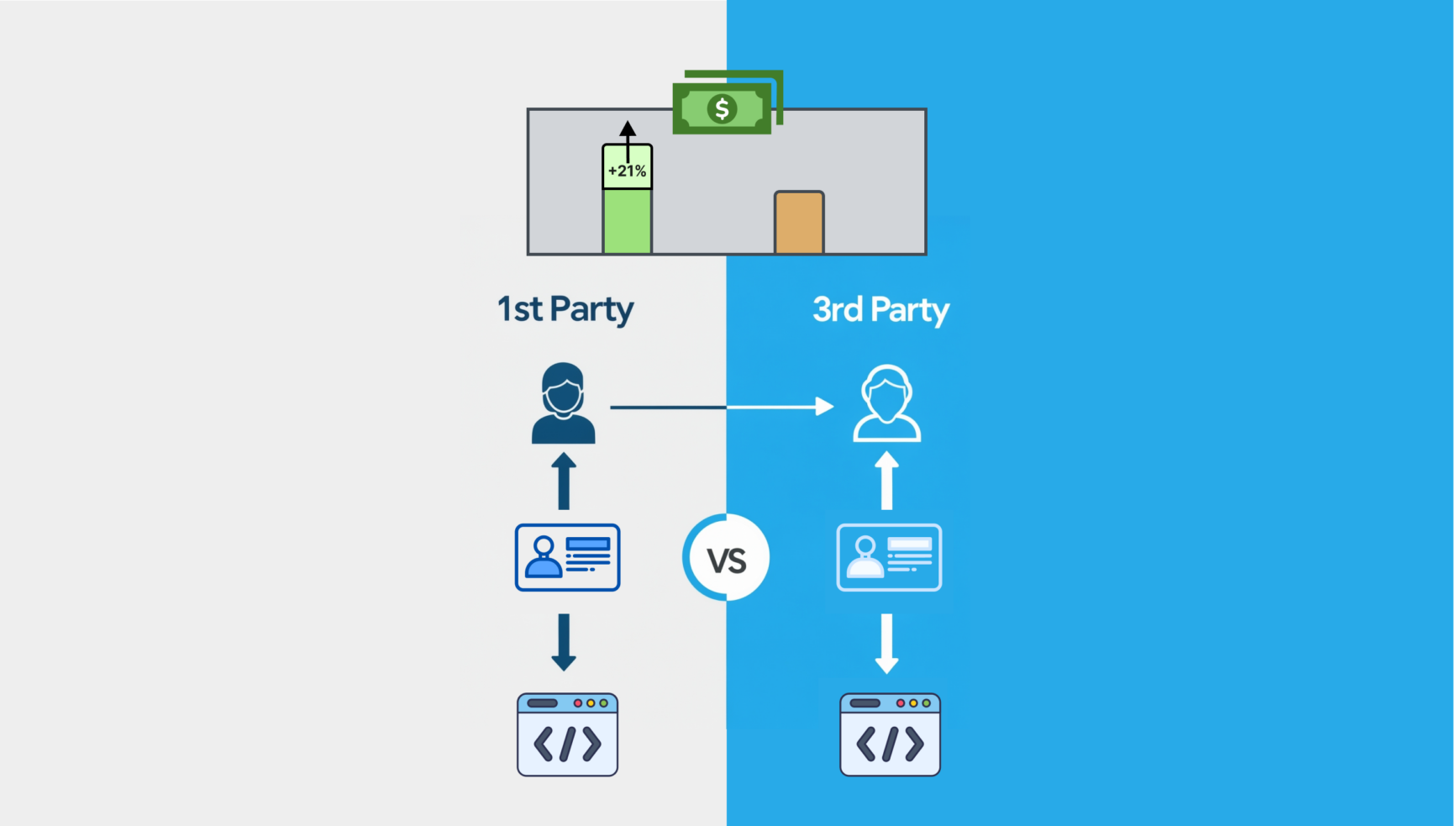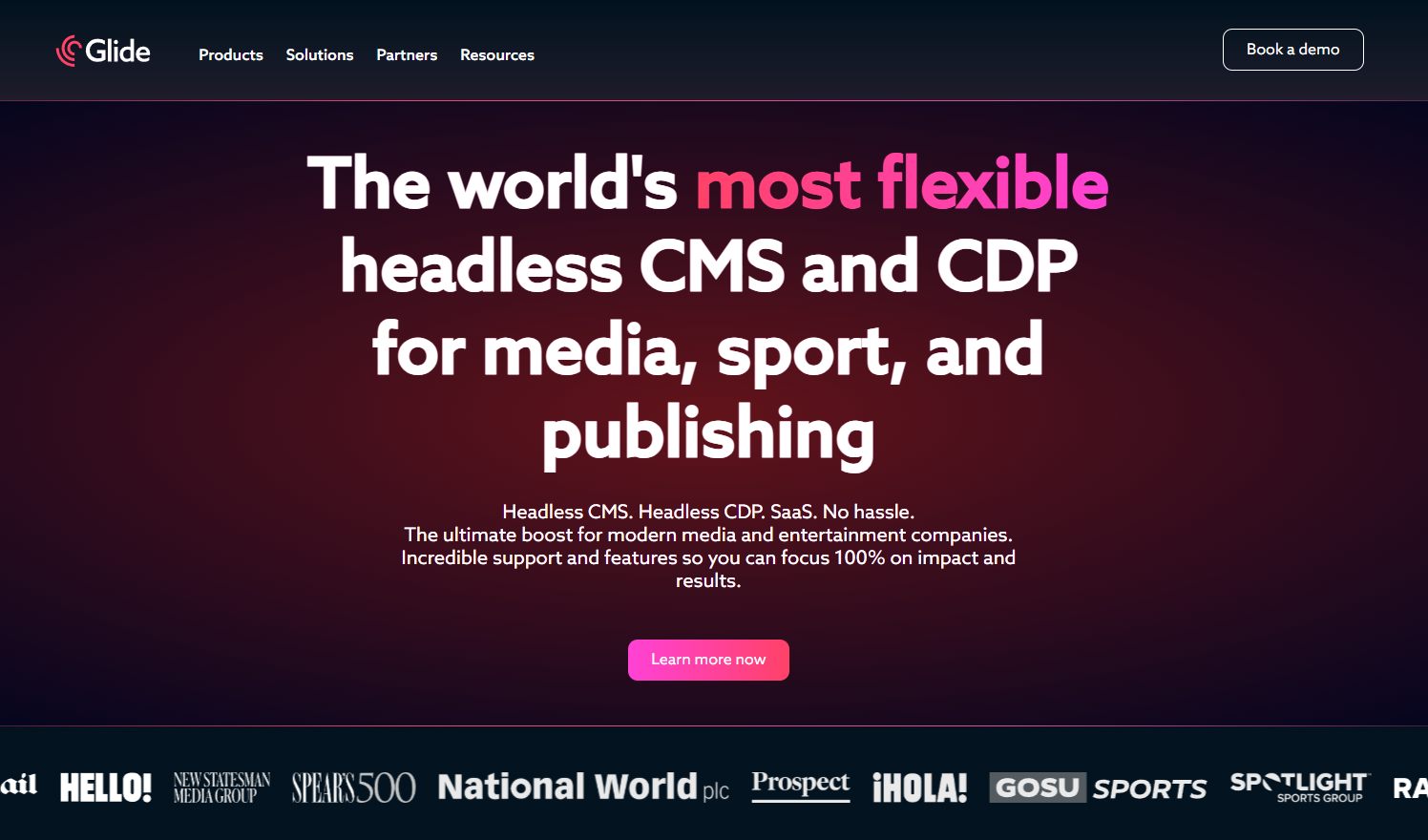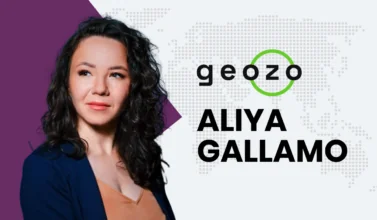For over 25 years, Patrick O’Leary has been a leader in the media and technology space. As the Founder and CEO of Boostr, Patrick took frustrations he personally experienced during his tenure at Yahoo! and transformed them into creating a platform that not only helps media companies drive profitable growth, but has tools that salespeople actually love. At Yahoo, Patrick lead sales operations and was instrumental in driving numerous sales productivity and performance improvements. Prior to Yahoo!, Patrick led strategic planning and operations at Autodesk and was an Engagement Manager at Siebel Systems. Patrick lives in California with his family.
As someone who obtained a system engineering degree, what led you to start working in the media publishing industry?
I got into the media industry by joining Yahoo to lead sales operations. I’d lived in Silicon Valley for 15 years at the time, having worked at software companies like Siebel and Autodesk, and didn’t really understand the internet and thought I should. It’s funny because I wasn’t really into ads or the ads business but then came to realize how digital is so data-driven, analytical, and constantly innovating and evolving. It’s really an intellectually fascinating industry filled with smart, amazing, and fun people.
How did this lead you to develop “Boostr”?
When I got to Yahoo, there were pipeline visibility issues, sales forecast inaccuracies and we were trying to get good leading indicators on the business, like RFP and proposal activity trends. There were spreadsheets everywhere, they had Siebel CRM but it was over configured and unused. So we ripped out Siebel for an unnamed leading CRM platform and it didn’t fix our issues. After years of investing time and money, we realized it wasn’t the right tool for the job.
What are the advantages and disadvantages/requirements in having an integrated CRM, OMS, and ad sales solutions?
It’s the age-old problem of point solutions vs end-to-end platforms. We were seeing companies not only struggling with the features within the OMS and CRM silos but also not able to effectively connect them. Companies spend too much time dealing with integration issues, dual master data management, and stitching together incompatible data models. I’ve always been an end-to-end process & systems person, so it was quickly obvious that a single, combined CRM+OMS platform was the solve. In addition, because I have a deep background at Yahoo, I know what the challenges, needs, and requirements are across the value chain. Many of these can’t be found or built into the existing siloed tools. The best way to solve endemic issues in media helping media companies unlock the maximum value is a single platform and a single vendor.
What does a typical day look like for you? What does your work setup look like? (your apps, productivity tools, etc.)
Ha, pre-COVID I was happily enjoying our new office space and time with our team in the Flatiron district and I’m a big believer in the health benefits of standing desks. Now, I have a makeshift work area with a standing desk in the corner of my family room, it’s very unglamorous and purposely temporary to keep me motivated for a quick return to normalcy. I’ve relocated to the West Coast and start my day at 6 am connecting with the team on Slack, Google Meets/Zoom, and am in meetings most of the day. We started the company remotely so it’s in our DNA. I also try to get out on my road or mountain bike several times a week as I find exercise really helps the mind process information and where creativity happens. The COVID at-home nature of work creates a lot of interruptions, not a lot of time for a pause so it’s important to find space for deep thought, strategy, and creativity. History says many of the next big companies are born out of recessions and distressed time, I’m curious what kind of innovation will be born of this and in which categories.
What changes have you seen in ad and sales operations take place since pandemic and why?
It went through phases. At the onset of the pandemic, our customers were reaching out like never before – they all wanted and received very deep visibility into their business impacts. Advertisers were pausing, canceling, and shifting budgets. Media companies were rightfully anxious to understand the movements and impacts as they were juggling difficult decisions about cost while being faced with significant or even total revenue decline. We saw a big increase in tracking sales activity and companies leaning in to have better sales process and meeting visibility as their entire teams became remote. We saw some companies getting very strategic about what they focused their teams on. In general, ad sales teams were respectful of the situation their clients were in: they moved out of selling mode and into account management and support mode to help each other weather the storm. Many media companies took advantage of the newly found time to improve their operations, adjust their strategies and go-to-market as things rapidly shifted to digital. It was quite impressive to see how these companies responded to help their clients while dealing with the drastic business impacts. We were especially proud to be able to support our clients and see the value they got from our platform to help them navigate the stormy seas.
What’s the problem that you’re passionately tackling at “Boostr” at the moment?
COVID really shone a light on the fundamentals. Media companies need to drive sustainable, profitable growth. We’re on a mission to enable them to do that in the most efficient and effective way. We’re very excited to be partnering with our clients to solve some really challenging never before solved problems that will add money to the bottom line. Nothing gets me more excited than seeing clients realize measurable results.
Content from our partners
Do you have any advice for ambitious digital publishing and media professionals looking to create a path to monetization, on how they can better manage their CRM, OMS, and ad sales?
I’m hearing more and more about gaps in the market around Yield Management expertise. It’s a complex topic in a constantly evolving industry. It takes a mix of analytical, math, industry, and business savvy so building up that set of skills is invaluable to improve monetization. I also think the nature of being an advertising seller needs to change in fact the future looks more like being a marketing consultant. You can read more about my thoughts here. The days of a relationship and transactional RFP behavior are coming to an end.












